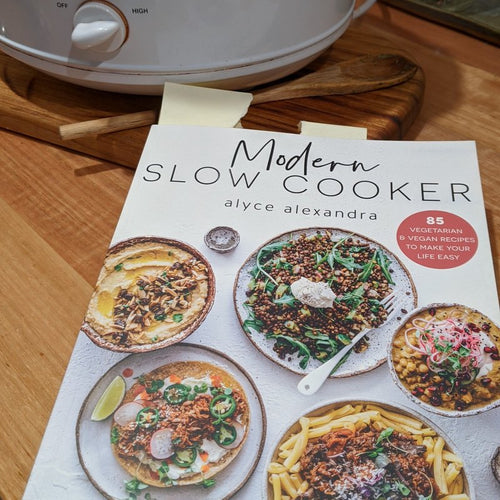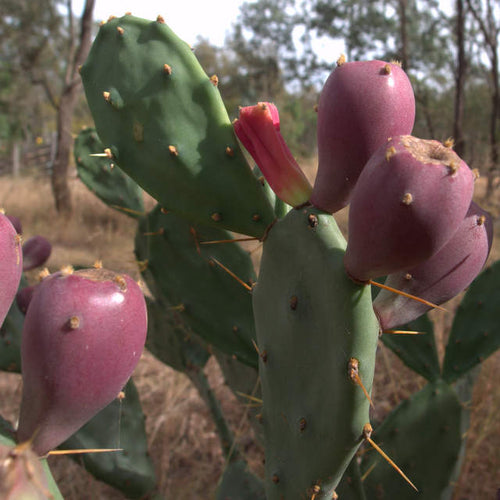Kombucha - fermented tea is not for me!
Kombucha is a fermented tea beverage, its literally made using sweetened tea and a starter culture (called a SCOBY – Symbiotic Colony Of Bacteria and Yeast). Its a bit like kefir, except it forms a larger squishy solid mass that floats on top of the tea. And also like kefir, the origins and exact composition of kombucha are shrouded in mystery (more info here).
The caffeine question was answered later that night as I lay awake around midnight contemplating the darkness. Yep, definitely a bit of caffeine remains! Apparently it is around 30% of the original caffeine content. If you don’t tolerate caffeine, then you can make your own kombucha with decaffeinated tea, or you can use a herbal tisane or roibus for most of your batches and do the occasional batch with black tea (apparently the SCOBY needs black tea occasionally, but I’m not clear why exactly). It just seems wrong and unnatural to use a decaffeinated tea, so I would rather go without and enjoy other fermented drinks instead.
Personally, I found it interesting to taste kombucha and do some research, but I think I have enough starters to look after at the moment (the kefir and Herman the cake starter), and I make non-caffeinated fermented drinks using whey, so I’m not going to launch into kombucha at the moment. Seeing as I did some reading, I thought I’d share it with you though, and if you are ok with caffeine and want to add some probiotics to your daily diet, maybe you could try kombucha. Just like other fermented foods (like yoghurt, kefir, sauerkraut for example) kombucha is said to balance the microbes in the gut and assist the immune system with fighting disease. As Pheonixhelix says “These living foods change from batch to batch, and since they can’t be patented or highly controlled, there’s no real incentive for the science community to spend resources in research”. That’s the problem for all fermented foods and the reason why the argument “there’s no proof that its good for you” really isn’t fair, the proof is all the people who use kombucha (and other fermented foods) daily and see either improved health or at least no adverse effects.
It is at least quite a simple process of brewing tea, adding sugar, allowing it to cool and then adding the SCOBY, which is quicker than my fermented drinks, so that would be an advantage. If you want to try making it yourself, you will need to get a SCOBY, as the SCOBY grows with each ferment, people who make kombucha will have excess kombucha, so you just need to ask around and find someone, or try searching google (you will find that people sell all sorts of starters, commercially and privately, including kefir and kombucha).
What do you think? Have you tried kombucha? Do you make it? Would you like to? I would love to know if anyone has tried brewing kombucha with anything other than black tea.
Clever Chicks Blog Hop
Simple Saturdays Blog Hop
From the Farm Blog Hop
Homestead Barn Hop
The Homeacre Hop
| My herbal tea collection because I forgot to take a photo of the kombucha |
As kombucha is made from tea and as I don’t tolerate caffeine (it makes me shaky and keeps me awake, even one cup of tea has this effect, that’s why I only drink herbal tisanes), I haven’t been too interested in trying to make it, but I keep hearing about it and I was curious about the taste and I wasn’t sure if it would contain caffeine or not. I bought a commercial kombucha drink from my local vegan store so I could try it out. I would recommend that you do this, just to make sure you like it, before you go to the trouble of trying to source the starter SCOBY, either buy a commercial drink or find someone who makes kombucha and try their version. It tasted quite nice, just a little sweet, a little sour and a little bubbly, nothing too strong. I just tried a plain kombucha, but you can also add flavours after it has fermented.
The caffeine question was answered later that night as I lay awake around midnight contemplating the darkness. Yep, definitely a bit of caffeine remains! Apparently it is around 30% of the original caffeine content. If you don’t tolerate caffeine, then you can make your own kombucha with decaffeinated tea, or you can use a herbal tisane or roibus for most of your batches and do the occasional batch with black tea (apparently the SCOBY needs black tea occasionally, but I’m not clear why exactly). It just seems wrong and unnatural to use a decaffeinated tea, so I would rather go without and enjoy other fermented drinks instead.
Personally, I found it interesting to taste kombucha and do some research, but I think I have enough starters to look after at the moment (the kefir and Herman the cake starter), and I make non-caffeinated fermented drinks using whey, so I’m not going to launch into kombucha at the moment. Seeing as I did some reading, I thought I’d share it with you though, and if you are ok with caffeine and want to add some probiotics to your daily diet, maybe you could try kombucha. Just like other fermented foods (like yoghurt, kefir, sauerkraut for example) kombucha is said to balance the microbes in the gut and assist the immune system with fighting disease. As Pheonixhelix says “These living foods change from batch to batch, and since they can’t be patented or highly controlled, there’s no real incentive for the science community to spend resources in research”. That’s the problem for all fermented foods and the reason why the argument “there’s no proof that its good for you” really isn’t fair, the proof is all the people who use kombucha (and other fermented foods) daily and see either improved health or at least no adverse effects.
| And here's my kefir (and some pickles) |
What do you think? Have you tried kombucha? Do you make it? Would you like to? I would love to know if anyone has tried brewing kombucha with anything other than black tea.
Clever Chicks Blog Hop
Simple Saturdays Blog Hop
From the Farm Blog Hop
Homestead Barn Hop
The Homeacre Hop





















Leave a comment